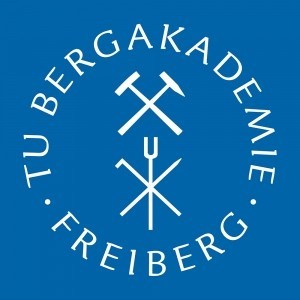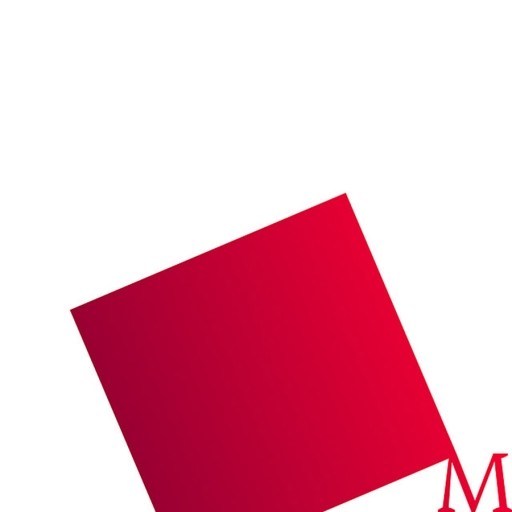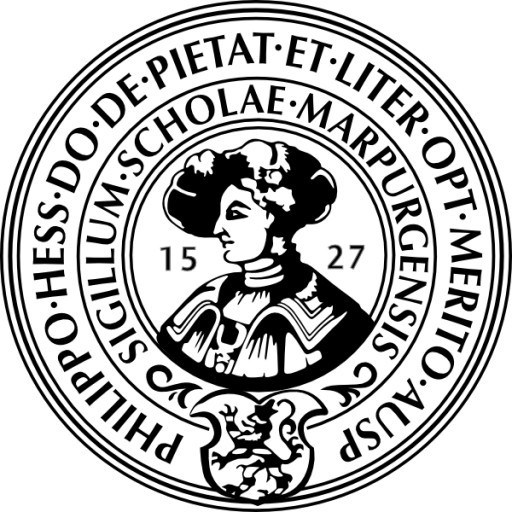Photos of university / #tuchemnitz
The advanced chemical and physical aspects of modern materials and the transfer of skills in synthesis, development, analysis and manufacturing of functional materials are the key issues of the programme Advanced Functional Materials. The research-oriented extension and intensification of physical and chemical knowledge is based on advanced practical training in current research fields in a modern laboratory environment. The interdisciplinary programme consists of courses in materials chemistry and materials physics as well as an advanced practical training on methods of modern material science.
Educational organisation
Mandatory Basic Modules (first to third semester) taught in the English languageMaterials Chemistry
- Synthetic Methods in Chemistry
- Analytical Methods
- Sustainable Production Technologies
- Advanced Surfaces
- Thin Films and Interfaces
- Semiconductor Physics - Nanostructures
- Photovoltaics with Nanotechnology
- Facets of Materials Science
- Research Project (third semester)
- Deutsch als Fremdsprache (German as a Foreign Language) I and II (A1/A2)*
Compulsory Elective Modules (first to third semester)
The following Compulsory Elective Modules are taught in English language:
- Materials in Micro- and Nanotechnologies
- Printed Functionalities
- Innovative Material Engineering
- Challenges for Future Energy Concepts - Chemical Energy Conversion
- Crystallography
- The "Energiewende"
- Nanophysics - Physics of Mesoscopic Systems
- Surface and Interface Engineering
- Spectroelectrochemistry
- Surface Spectroscopies
The following Compulsory Elective Modules are taught in the German language only:
- Kolloide
- Polymermaterialien
- Werkstoffkunde
- Prozesse und Produkte der chemischen Industrie
- Praxis der elektrochemischen Materialwissenschaften
- Funktionsmaterialien
- Oberflächen- und Kolloidanalytik
- Praktikum zu Oberflächen- und Kolloidanalytik
- Heterogene Katalyse
- Polymerphysik
- Moderne Mikroskopien
- Theoretische Festkörperphysik
- Experimentalphysik - Komplexe Materialien
- Grenzflächendesign für Faserkunststoffverbunde
- Elektrochemisches Beschichten
- Rheologie der Polymere
- Biomaterialien und Werkstoffe der Medizintechnik
- Werkstoffwissenschaft - Strukturbildungsprozesse
Non-native speakers of English language can choose one of the following modules if module "Deutsch als Fremdsprache I" or module "Deutsch als Fremdsprache II" have not been attended:
- Englisch in Studien- und Fachkommunikation I
- Englisch in Studien- und Fachkommunikation III
- Deutsch als Fremdsprache III (level B1)
- Deutsch als Fremdsprache IV (level B2)
- Deutsch als Fremdsprache - Fachkommunikation I (level C1)
Forms of assessment
Written and oral examsCourse objectives
Current trends on the labour market indicate an increasing demand for graduates who understand the processes in natural sciences and their transdisciplinary origin. Hence, fields of work include the following:Automotive manufacturers
Aerospace industry
Research institutes
Semiconductor industry
Chemical industry
Pharmaceutical companies
Energy sector
Life Science sector
And more ...
The Master's degree also offers the opportunity of pursuing doctoral studies (PhD) at a university or research centre.
Language requirements
German:Courses to obtain the required level of German language (A2 by the end of the third semester) are included within the curriculum for non-native speakers. Students providing a certificate of A2 level (CEFR) may choose advanced language courses or subject studies.
English:
Students must provide a certificate of English language skills at B2 level (CEFR)*. Advanced courses may be chosen (non-native speakers only).
*(CEFR: Common European Framework of Reference for Languages)
Academic requirements
In general, a university Bachelor's degree in Physics, Chemistry or Materials ScienceDegrees from universities other than the Technische Universität Chemnitz are to be checked by a board of examiners on the basis of the record of study. The applicant is to provide this record of study.
Want to improve your English level for admission?
Prepare for the program requirements with English Online by the British Council.
- Flexible study schedule
- Experienced teachers
- Certificate upon completion
📘 Recommended for students with an IELTS level of 6.0 or below.

Enrolment fees
All students have to pay a semester contribution of approx. 250 EUR.This fee also covers the semester ticket, which permits you to use buses and trams in Chemnitz during the semester. International students will receive a blank bank transfer form with which they can transfer the semester contribution. However, the fee can also be paid after arrival in Chemnitz (by German bank card or transfer).
Costs of living
Approx. 680 EUR per month to cover personal expensesArrival support
The Orientation Week usually takes place in the first week of the semester. During this week, the International Office offers a number of activities such as an information session on all questions related to studying at Technische Universität Chemnitz, a library and campus tour, and visits to the media centre of the language centre as well as to the computer labs. Participation in the Orientation Week is free of charge.Services and support for international students
The Buddy Student Programme at Technische Universität Chemnitz, organised by the International Office, will help you to get in contact with German students and scholars. The members organise several events during the semester and offer practical tips for living and studying in Chemnitz.Accommodation
The Student Union Chemnitz-Zwickau runs several student residences. International students can apply for a single room or for a bed in a double room in one of the residences. The prices depend on the furnishings of the room and vary between 180 EUR and 250 EUR.More information can be found here: http://www.tu-chemnitz.de/stuwe/









